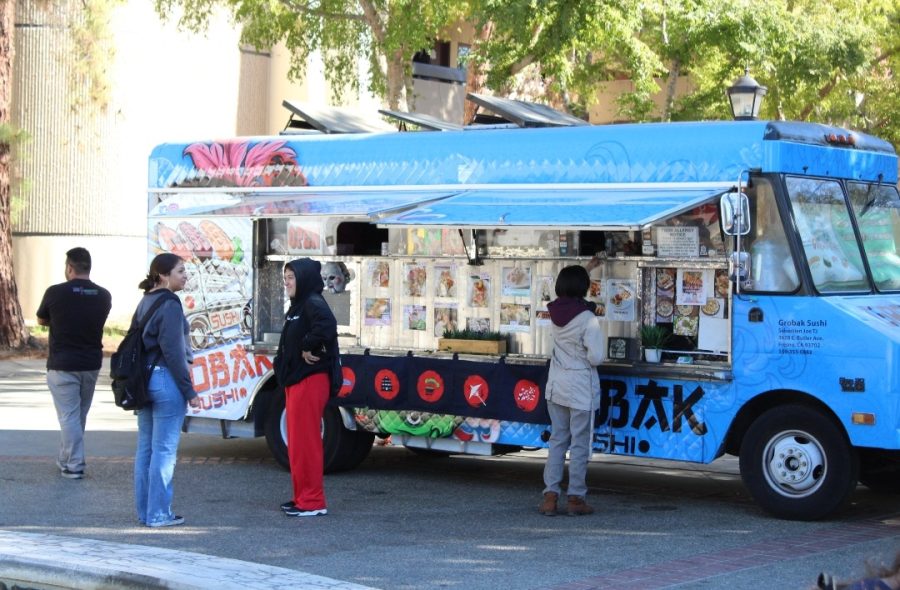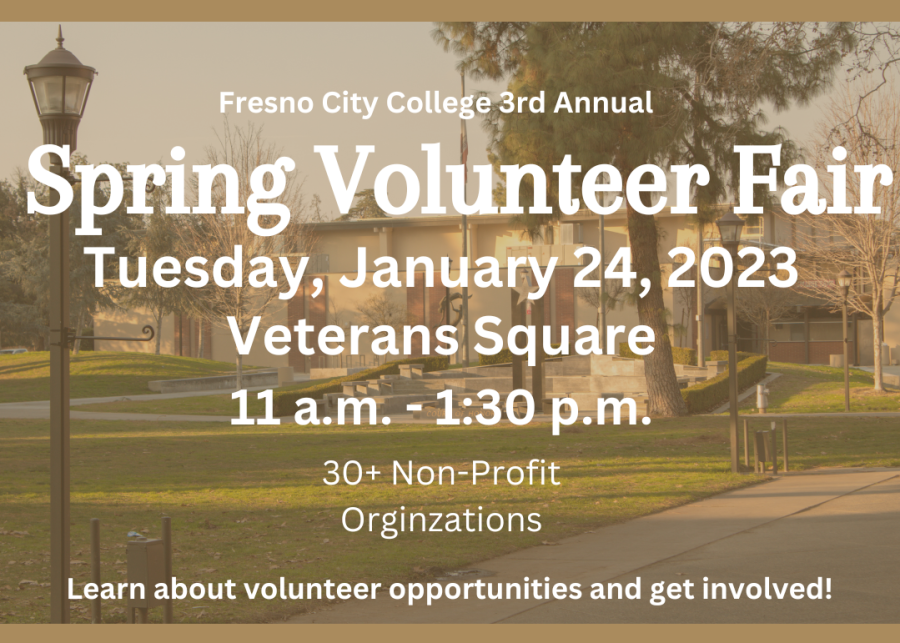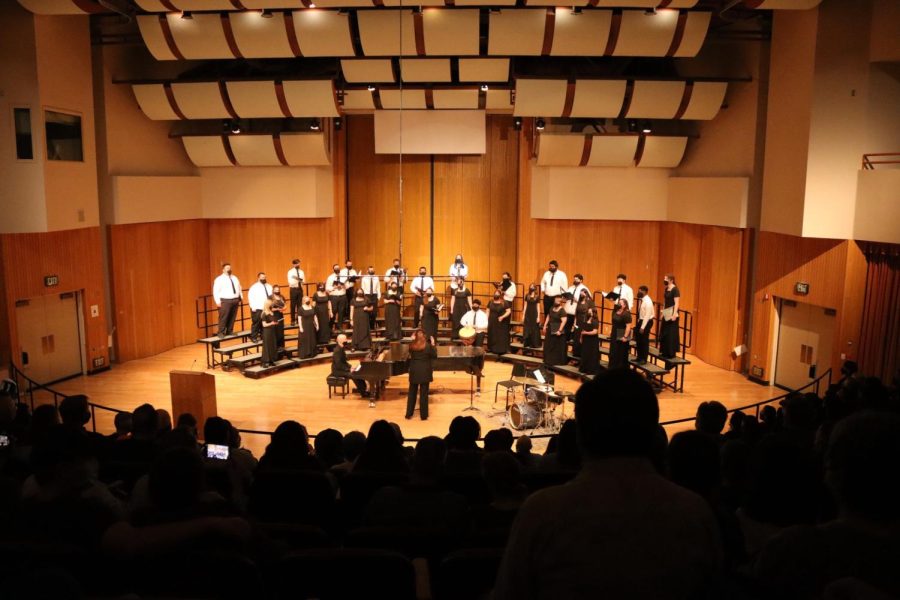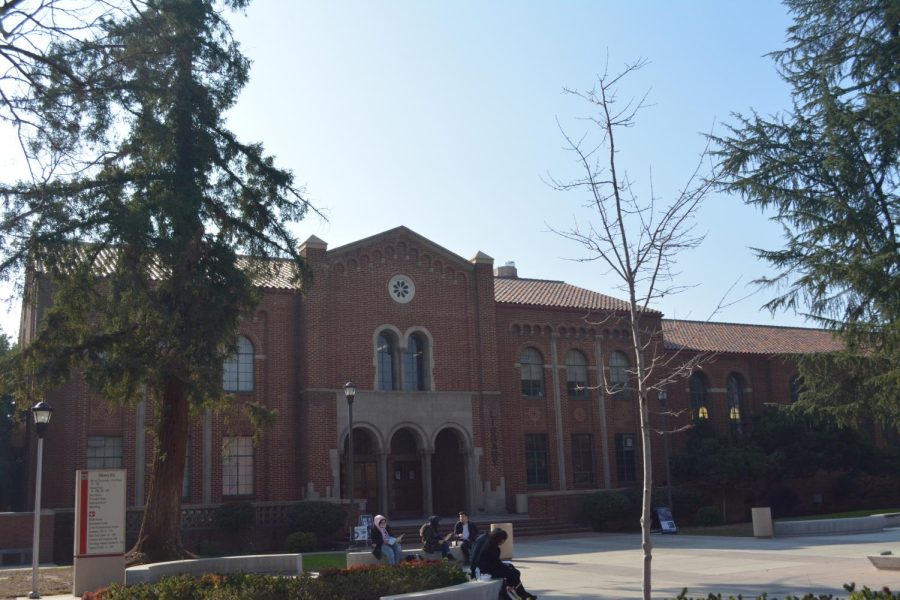Navidad, Hanukkah, Kwanzaa, Ramadan. Think it’s impossible to celebrate all the different holidays at home and with your friends? Think again. Here is a quick lesson of all you need to know about all the major religions and how they celebrate their holidays and festivities.
Ramadan:
Ramadan is a holiday celebrated by billions of Muslims around the world and in the United States. Celebrated for a whole month, this holiday is a time of reflection, devotion and self-control. How Ramadan is celebrated varies around the world, but the idea and activities are basic.
The ninth month of the lunar calendar is called Ramadan. The lunar calendar is 11 days shorter than a regular solar calendar, which means that Ramadan is never celebrated on the same date. Each year, Ramadan is celebrated 11 days before the previous year. It takes 33 years for Ramadan to be celebrated on the same date.
“During the month of fasting, we feel the compassionate, the empathy of those who don’t have the means to eat. With this economic crisis, there are a lot of people who are unemployed and hungry,” said Director of the Islamic Cultural Center of Fresno Kamal Abu-Shamsieh.
Ramadan is a full month of fasting. Muslims eat before sunrise and after the sun sets. They are not allowed to eat or drink anything in between. Instead, during the day light, they devote their time to reading the Qur’an, giving charity and doing good deeds.
Also, Ramadan works as a reminder of the less fortunate people who suffer of hunger on a daily basis, and Muslims get the chance to appreciate what they have.
During meal times, the families gather together and give thanks for the food they have.
Kwanzaa:
According to a 2001 study on The New York Times, there is an estimated 18 million African-Americans who celebrate Kwanzaa. Kwanzaa means “first fruits of the harvest” and it has been celebrated since 1966. “African-Americans were trying to develop their own identity and their own self-concept as African people,” said Fresno City College’s African-American instructor, Kehinde Solwazi.
Kwanzaa is based on the seven guiding principles (Nguzo Saba), one for each day of the celebration, which starts on Dec. 26 and goes on to Jan. 1.
The first day is Umoja. This day is dedicated to the importance of being together and enjoying the company of others.
The second day is Kujichagulia. This day is for self-determination.
The third night is Ujima. Collective work and responsibility is the highlight of this day.
The fourth day is Ujamaa. This day is cooperative economics and encourages African-Americans to meet common needs through mutual support.
The fifth day is Nia. This day is the youth day. They usually celebrate this day around youth and means “purpose.”
The sixth day is Kuumba. This day is a day to celebrate creativity. It consists of big feast with lots of music, poetry and art.
And the seventh day is Imani. This day honors the African-American culture and its traditions.
Hanukkah:
In Hebrew, Hanukkah means “dedication.” Hanukkah is a Jewish celebration of the festival of light and lasts for eight nights. On each night that Hanukkah is celebrated, one candle is lit. Lighting each candle in the menorah symbolizes each day the menorah burned during the Hellenists’ occupation of the temple in Jerusalem. According to the Torah, the Jewish bible, the small flask that lit the menorah had enough oil to only burn for one day, but miraculously, it burned for eight days. It also commemorates the day Jews recovered the holy temple in Jerusalem.
The Jewish calendar is different from the typical calendar the world goes by. Because of this, Hanukkah does not always fall on the same day each year, but it does always fall in Dec. usually between Dec. 12 and Dec. 31. This is year 5770 in the Jewish calendar.
“For each night a candle is lit, children get a present, varying from the smallest present on day one to the biggest present on the eight day,” said Al Geller, FCC student. The lighting of the candles and the presents are followed by food and music.
Navidad:
Pinatas, pastorelas, posadas and nochebuena flowers — these are all a part of the Mexican Christmas tradition. The holiday preparations start on Dec. 16, with the first of nine posadas. Posadas are events that represent Joseph and Mary’s pilgrimage on their way to Bethlehem. Mary gives birth to Jesus on Dec. 25 on which day the Navidad celebrates “the birth.”
Posadas are a Latin American celebration. “Posadas is a reenactment, within the community, of the journey Mary and Joseph took to Bethlehem. People dress up as Mary and Joseph, as they go asking for lodging in the different community houses, that symbolizes, the actual scene,” said Arturo Amaro, Chicano/Latino Studies instructor. On Dec. 24, Noche Buena (Good night) the night before Jesus was born and the day of the last posada, is celebrated.
Most Latin American families have a nativity scene with little figures of Joseph and Mary; and even some of the farm animals who all awaited the birth of Jesus. On Dec. 25, the figure of baby Jesus is placed in the middle of the scene.
Also, Los Tres Reyes Magos, “The Magician Kings,” is celebrated Jan. 6. This day is celebrated because it is said to be the day that the three kings were followed the Northern Star to the place were Jesus was born. Once they got there, they presented Jesus with gifts.
Many Latin American families don’t give their presents to their children until this day because it is the day baby Jesus was presented with his.
The holiday season presents an opportunity to incorporate various traditions, including Hebrew, Christian, and Muslim cultures and is a wonderful way to see the way other cultures celebrate. You and your friends can now enjoy a true multicultural holiday season.







